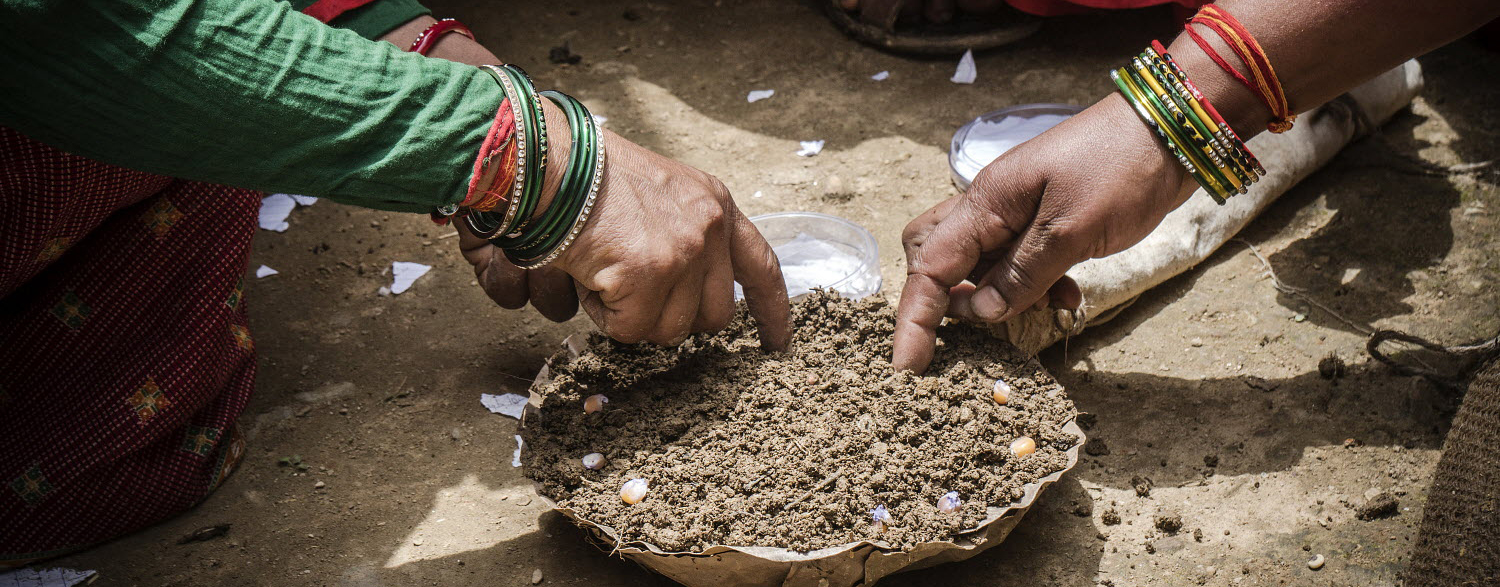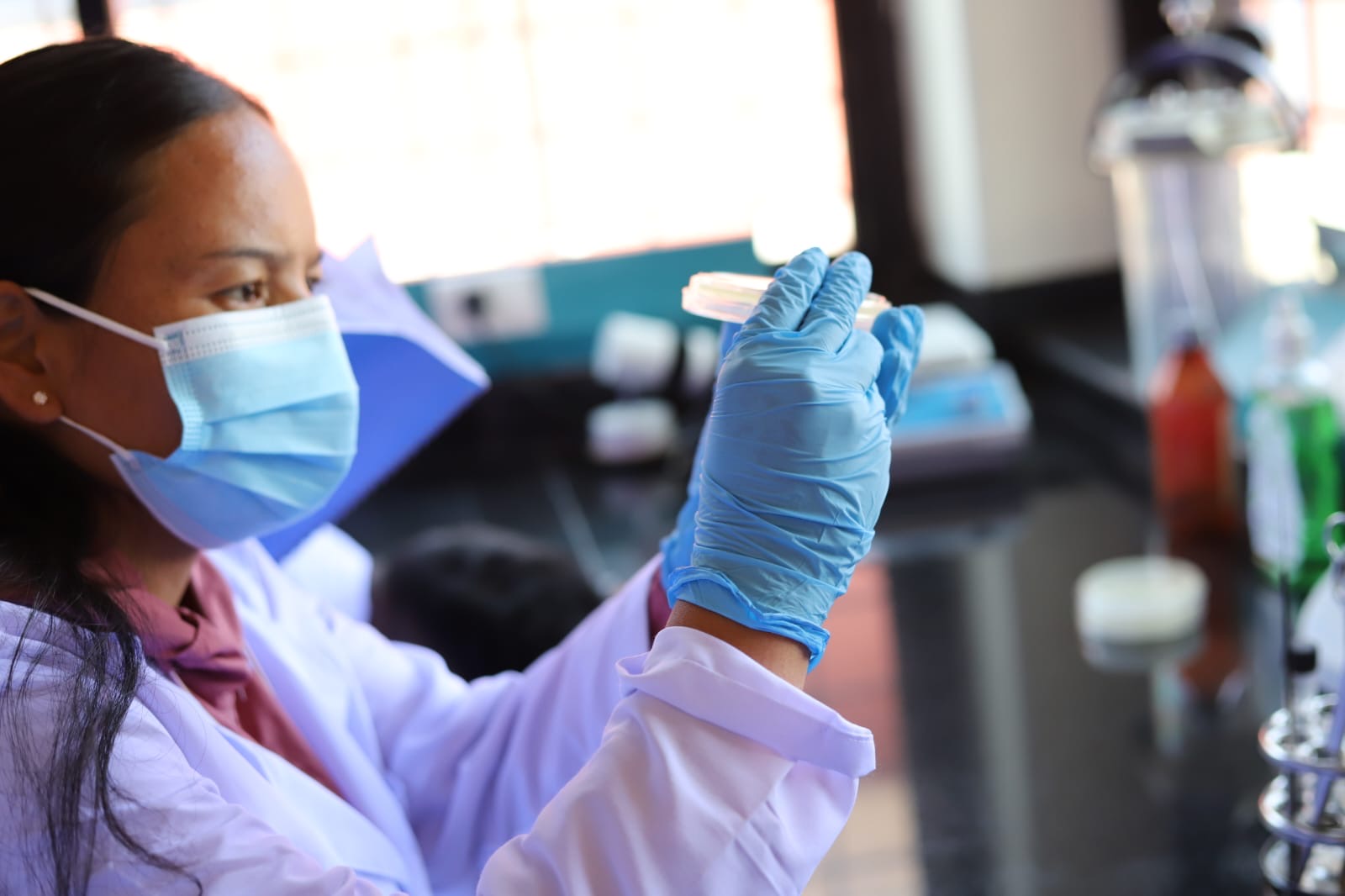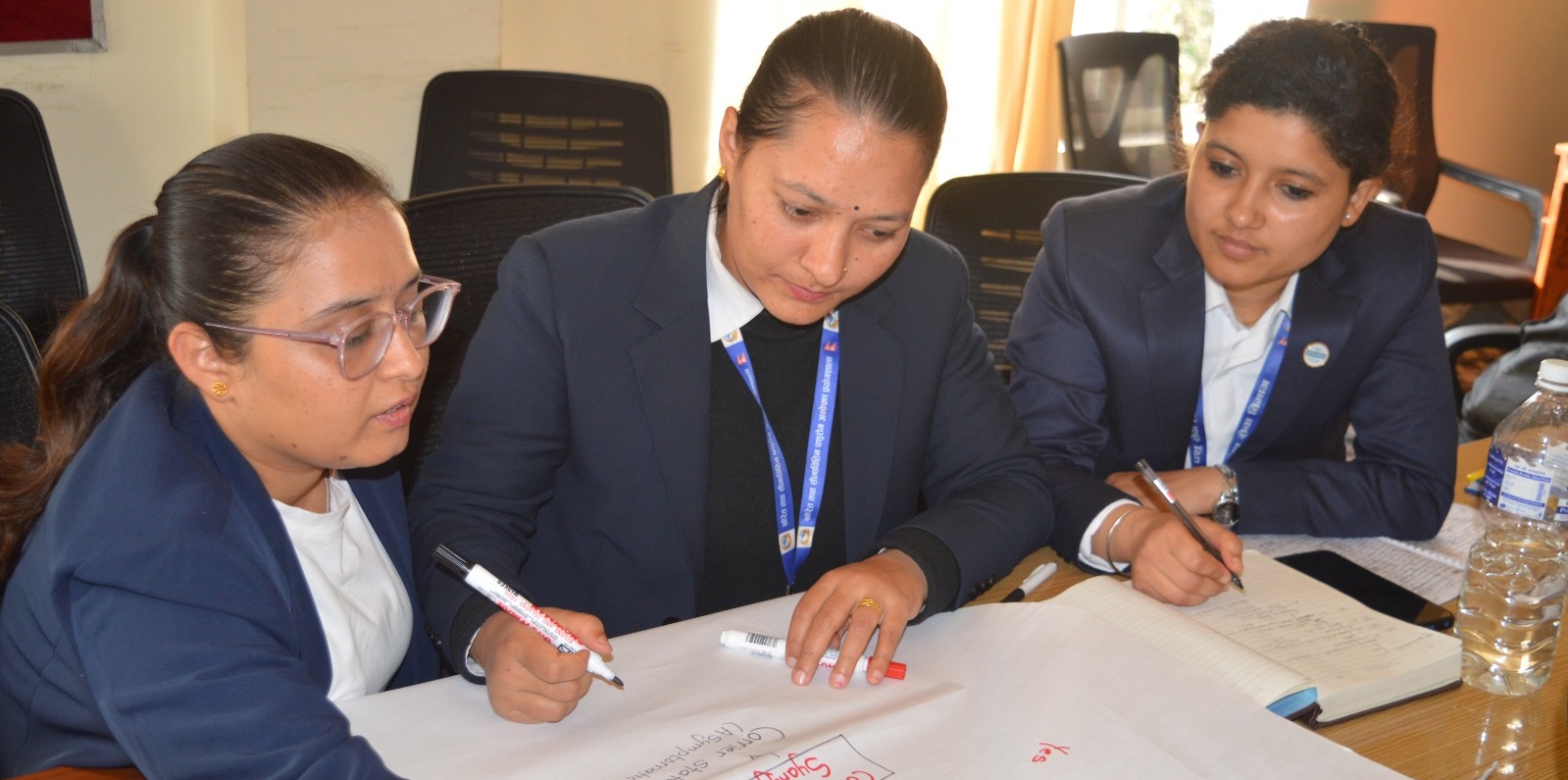
Strengthening pandemic preparedness for early detection in Nepal

The Strengthening Pandemic Preparedness for Early Detection in Nepal (SPEED) Project aims to enhance Nepal’s health security by strengthening its surveillance systems, laboratory capacities, and human resources. The goal is to create a robust, resilient, and sustainable system for early pandemic detection and response.
Implementation and key components
The Government of Nepal will oversee the project with coordination from its ministries (Health, Agriculture and Livestock, Finance, Water Supply) and the three Implementing Entities. The project builds on insights from the 2022 Joint External Evaluation (JEE) and Performance of Veterinary Services reports, while aligning with ongoing efforts from donors such as the EU, Global Fund, and USAID. A Technical and High-Level Coordination Committee, established by the Government of Nepal, will oversee and guide the project's implementation. All three Implementing Entities contribute to each component of the project.
Surveillance and early warning systems
SPEED will enhance AMR surveillance through improved bacterial culture techniques, establish connections between entry points and national surveillance systems, and implement an alert and response framework. The project will also upgrade digital data-sharing platforms, develop risk assessment frameworks, and create rapid response teams at various administrative levels. Community-based and environmental surveillance, including water quality monitoring, will be strengthened (all Implementing Entities).
Laboratory systems
The project will improve laboratory infrastructure at provincial and local levels, focusing on sample collection, referral, and quality assurance. It will develop national standards for laboratory quality, standardize licensing and accreditation, and conduct simulation exercises. Additionally, SPEED will enhance water and wastewater testing capabilities, including capacity assessment and protocol development, and implement an information management system for these labs (all Implementing Entities).
Human resources and workforce
SPEED will assess and strengthen workforce capacities for rapid response, develop training programs for Field Epidemiology, and offer competency-based training for field practitioners and lab staff. The project will also support veterinary training and simulation exercises for early detection and response to water quality issues (all Implementing Entities).
Expected outcomes
Over the three-year period, SPEED is expected to improve JEE, PVS, and SPAR scores, leading to enhanced surveillance, laboratory functions, and workforce capabilities. This will enable quicker detection and response to potential outbreaks, reducing the health, social, and economic impacts, particularly for marginalized and vulnerable populations in Nepal.
Implementing Entities
FAO, UNICEF, WHO
Priority areas
- Surveillance systems
- Laboratory systems
- Human resources / workforce strengthening
Total budget
USD 18,843,920
Total co-financing
(in kind and cash)
USD 3,910,678
Total co-investment
(in kind and cash)
USD 2,396,702
Find out more

Projects
The Pandemic Fund
FAO is co-leading the implementation of 32 Pandemic Fund projects worth over USD 165 million aimed to boost local and global health security.

Highlights
Strengthening pandemic preparedness for early detection in Nepal - Highlights
Nepal is taking significant strides to build a stronger, more responsive animal health system through the SPEED project, led by FAO with support from the Pandemic Fund.

